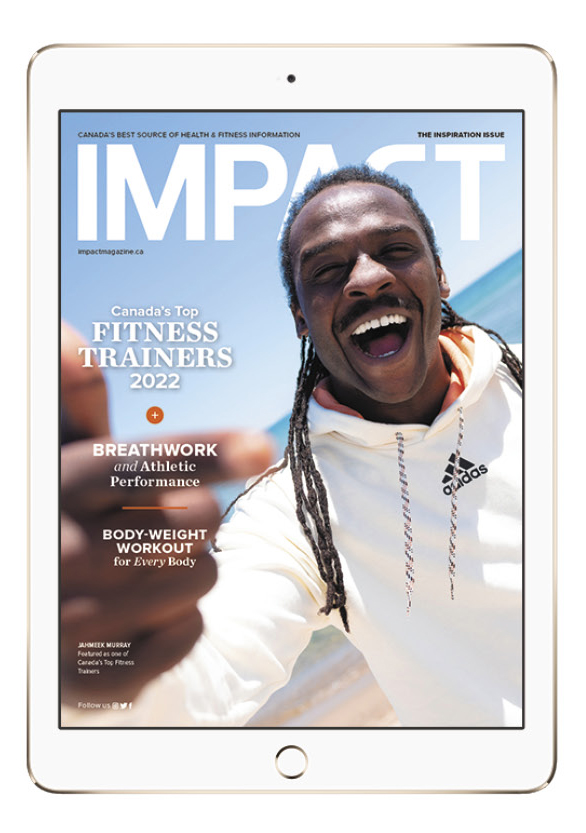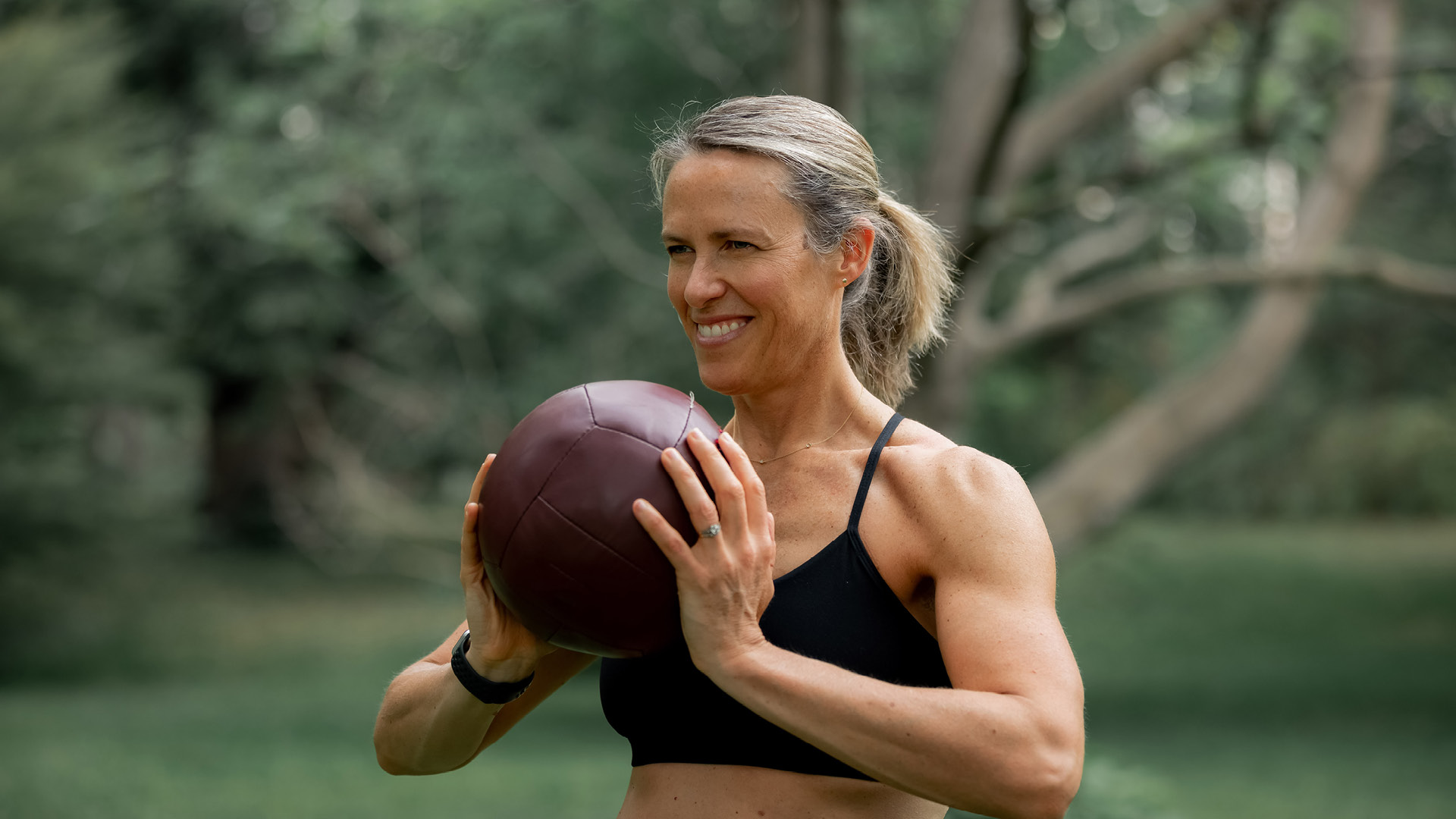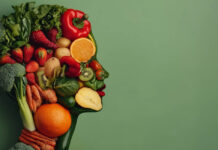Do you know what increases your risk of getting Alzheimer’s disease? Your first thought, like most, is
probably genetics. But really, our genes play a much smaller role than we think.
Research shows that epigenetics is the biggest factor when determining your risk for Alzheimer’s, not your genes. Epigenetics means “above our genes” and is the study of how your behaviours and environment can cause changes that affect the way your genes work. This is encouraging news because it means that we have more power over our health than we think.
This is not to disregard the fact that if you have one or two alleles of the ApoE4 gene, that it does not increase your risk of getting Alzheimer’s disease, it does but the powerful little gem I am offering to you is that your everyday lifestyle choices are much more powerful than you think when it comes to decreasing your chances of developing Alzheimer’s disease.
If this disease starts twenty years before symptoms occur, wouldn’t you agree that learning about the root causes and what you can do right now should be a priority?
According to Dr. Dale Bredesen, a leading Functional Medicine Doctor in Alzheimer’s disease, there are many reasons why someone develops Alzheimer’s disease and it is not the same reason for everyone. Following one of the laws of functional medicine, there is probably more than one imbalance in the body that is causing a person’s unique symptoms. Dr. Bredesen explains the risks/subtypes in his book, The End of Alzheimer’s, as follows:
• Inflammatory This can be due to how our body reacts to certain foods, stress or environmental sensitivities as well as ApoE 4 gene status.
• Glycotoxic This is due to high insulin and blood sugar imbalance, type 2 diabetes.
• Atrophic Cells and systems degenerating due to lack of trophic factors such as BDNF or hormones such as lack of estrogen in menopausal years.
• Toxic Can be due to exposure to mycotoxins from mold, stealth infections such as lyme, heavy metal burden, environmental toxins.
• Vascular Due to reduction in blood getting to the brain from “leakiness” in vascular tissue.
• Traumatic Due to traumatic brain injury/concussion. Your brain swells and causes inflammation to protect itself when it gets injured, this can cause long term damage.
All of these above subtypes have one thing in common, their root lies in inflammation, specifically in the brain.
So what can you do with this information, how do you reduce your risk now that you know what increases your risk?
TOP HOLISTIC TOOLS FOR DECREASING YOUR RISK AND DECREASING INFLAMMATION
1. Practice TRE (time-restricted eating) Become metabolically flexible in order to balance insulin and blood sugar.
2. Eat a whole foods diet Remove oils, refined sugar and processed food and begin eating quality protein, more vegetables and good quality fat.
3. Sleep We detox, balance blood sugar, reduce inflammation and reset our brain while we sleep. It is highly underestimated in maintaining optimal health.
4. Exercise and build muscle This increases BDNF (brain derived neurotrophic factor), hormone balance and insulin sensitivity.
5. Sweat This removes toxins and increases heat shock proteins and build resilience.
6. Remove toxins from your home Start with removing plug-in fragrances, use real essential oils instead; use natural laundry detergent, stop using fabric softener, and use cast iron or stainless steel pots and pans instead of non-stick pans.
Every little lifestyle change can make a difference, we must start taking responsibility for our health and realise we have so much more power over our health than we thought.
BLOOD TESTS FOR DETERMINING YOUR RISK OF ALZHEIMER’S DISEASE
Ask your doctor for certain blood tests and refer to Dr. Bredesen’s optimal ranges
• Fasting insulin
• Fasting blood sugar
• C Reactive protein (CRP)
• Homocysteine
• B12
• A1C
• Hormone panel including a full thyroid panel

Read This Story in Our 2022 Inspiration Digital Edition
Read about Canada’s Top Fitness Trainers 2022. Need new ideas for your next workout. Test your fitness levels and see how you measure up. World-renowned breath expert, Richie Bostock shows us how to breathe correctly, 7 yoga poses for a better sleep, recipes and much more!
















